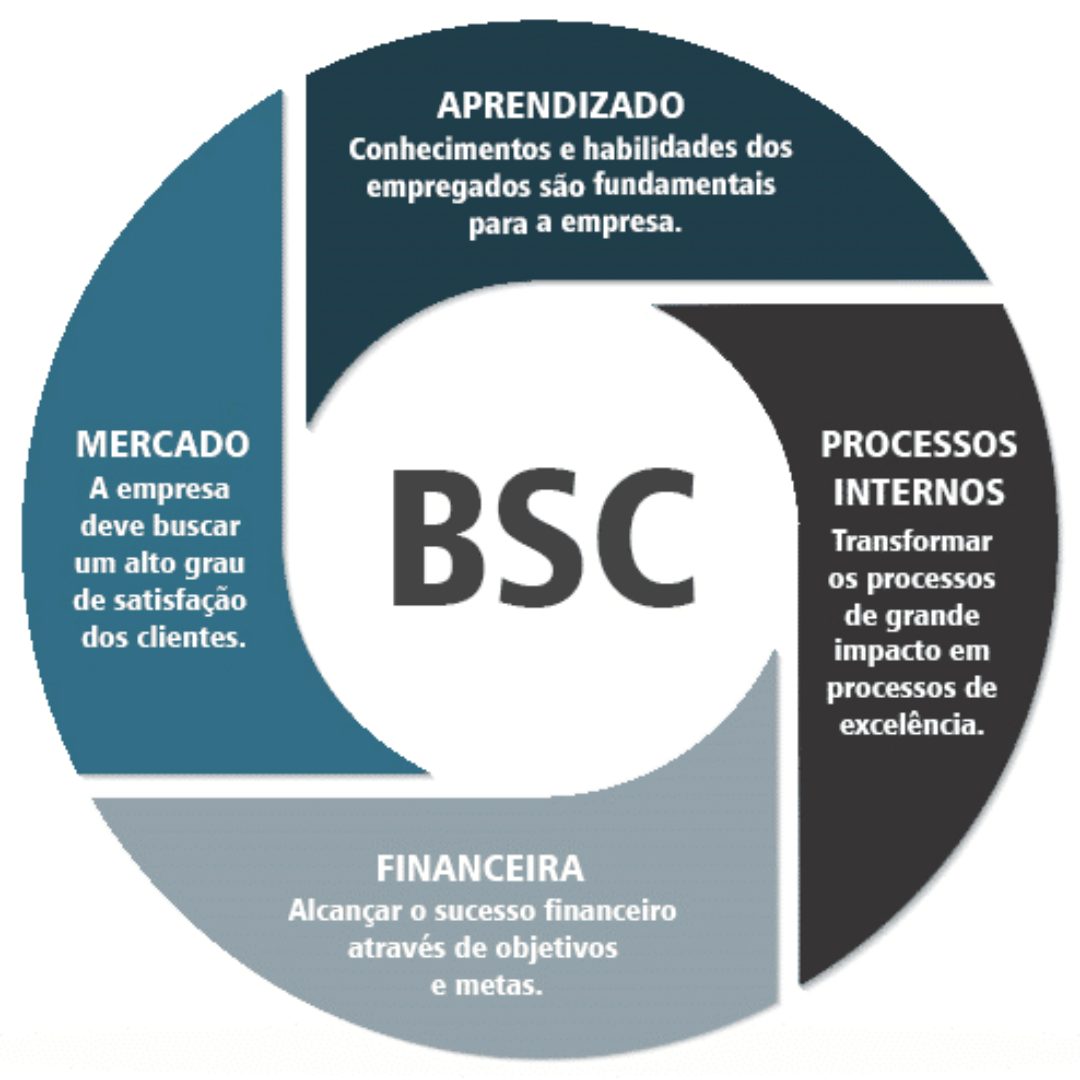Pursuing a Bachelor of Science (BSc) degree is a significant academic milestone that can open the door to numerous career opportunities. The BSc full form, Bachelor of Science, represents a broad spectrum of fields ranging from natural sciences to technology, healthcare, and beyond. Selecting the right program aligned with your passion ensures not only academic success but also long-term career satisfaction.
In this comprehensive guide, we will explore how to align your personal interests, skills, and aspirations with the right BSc program, helping you make an informed decision for a fulfilling career.
Why Choosing the Right BSc Program Matters
A BSc degree provides foundational scientific knowledge and specialized skills in your chosen field. However, with so many options available, the selection process can feel overwhelming. Opting for a program that matches your passion ensures:
- Motivation: Studying subjects you enjoy keeps you engaged and enthusiastic.
- Career Growth: Aligning your interests with market demand opens better opportunities.
- Long-Term Fulfillment: Pursuing a career in your area of interest prevents burnout and promotes job satisfaction.
Steps to Choose the Right BSc Program
1. Understand Your Passion and Interests
Reflect on your hobbies, favorite subjects, and long-term goals. Are you fascinated by technology? Do you enjoy solving biological problems? Identifying your passion is the first step toward selecting the right program.
2. Research Career Opportunities
Each BSc specialization leads to different career paths. Consider the job market demand, potential salary, and growth prospects for your chosen field. For example:
- BSc in Computer Science: Careers in programming, AI, or cybersecurity.
- BSc in Environmental Science: Roles in sustainability and conservation.
3. Assess Your Strengths and Skills
Evaluate your academic strengths and personal skills. For instance:
- Analytical thinkers may excel in data science.
- Compassionate individuals might thrive in nursing.
4. Consider Future Academic Goals
If you plan to pursue higher studies, ensure your BSc program supports that path. For example, a BSc in Biotechnology is ideal if you aim for research or a Master’s in the field.
5. Evaluate the Curriculum and Faculty
Explore the course syllabus and faculty expertise of potential programs. Look for programs that emphasize practical learning, internships, and hands-on projects.
Popular BSc Specializations and Their Prospects
1. BSc in Computer Science
- Overview: Focus on algorithms, programming, AI, and emerging tech.
- Career Prospects: Software developer, data scientist, or AI specialist.
2. BSc in Biotechnology
- Overview: Combines biology and technology to innovate in healthcare and agriculture.
- Career Prospects: Biotechnologist, genetic engineer, or research scientist.
3. BSc in Nursing
- Overview: Prepares students for healthcare roles with a mix of theoretical and clinical training.
- Career Prospects: Nurse, clinical researcher, or healthcare administrator.
4. BSc in Environmental Science
- Overview: Studies ecological systems, sustainability, and conservation.
- Career Prospects: Environmental consultant or policy advisor.
5. BSc in Data Science
- Overview: Deals with big data analysis, machine learning, and predictive modeling.
- Career Prospects: Data analyst, machine learning engineer, or statistician.
Questions to Ask Before Enrolling in a BSc Program
- What are my core interests, and does this program align with them?
- What career opportunities does this course provide in the current market?
- Is the program globally recognized for its curriculum and faculty?
- Does the program offer internships or practical training?
FAQs
What is the BSc full form?
The BSc full form is Bachelor of Science, an undergraduate program offering specialized education in science and technology fields.
Can I switch fields after completing a BSc?
Yes, many BSc graduates pivot to fields like management, law, or technology with additional certifications or degrees.
Is a BSc program better than a BA?
It depends on your interest. While BSc focuses on scientific and technical studies, BA emphasizes arts and humanities.
What is the duration of a BSc program?
Typically, a BSc degree takes three to four years to complete, depending on the country and institution.
Scholarships and Financial Assistance
Many universities and institutions provide scholarships for deserving students. Research available funding opportunities for your desired program and apply early. Financial aid can significantly reduce the burden of tuition fees.
Conclusion
Choosing the right BSc program is a pivotal decision that requires careful consideration of your interests, career goals, and market trends. By aligning your passion with academic opportunities, you can embark on a rewarding career path. Remember, the BSc full form, Bachelor of Science, symbolizes the beginning of a journey filled with learning, growth, and endless possibilities.
Take time to research thoroughly, consult with mentors, and plan your academic journey strategically. Your passion combined with the right program will pave the way for a successful future.
